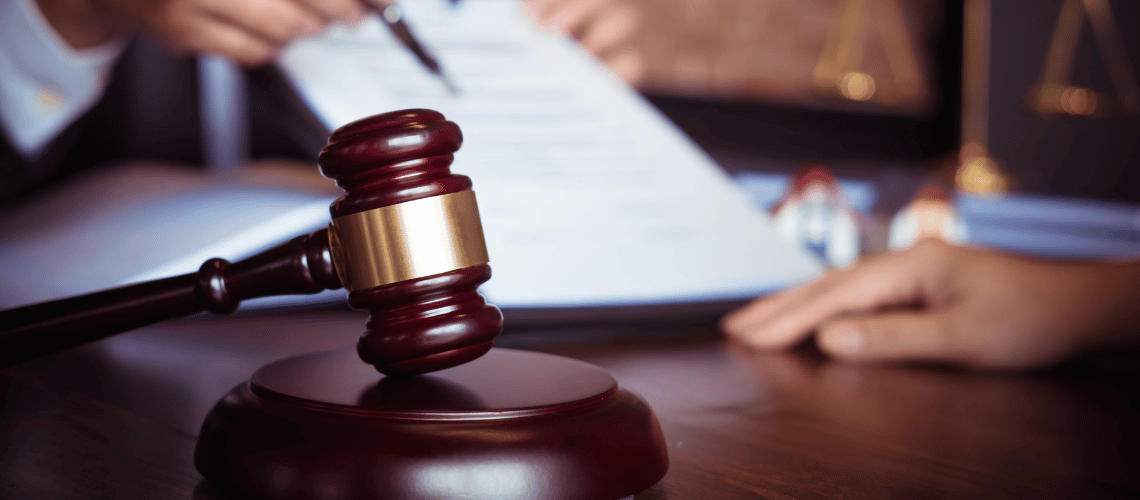When it comes to navigating the intricate world of building and construction, there are instances where disputes arise, leading to hearings at the State Administrative Tribunal (SAT). In these scenarios, the role of a building inspector as an expert witness representative becomes crucial. This blog aims to shed light on what you can expect when dealing with building defects and expert witness testimonies at SAT hearings.
Understanding Building Defects:
Building defects can range from structural issues to poor workmanship. These defects may not only compromise the safety and functionality of a structure but can also become the focal point of legal disputes. A building inspector plays a pivotal role in identifying and documenting these defects. Serving as an unbiased authority with the expertise to evaluate the situation.
The Role of an Expert Witness:
An expert witness is an individual who possesses specialized knowledge in a particular field. They are called upon to provide their professional opinion during legal proceedings. In the context of building inspections at SAT, the expert witness, often a building inspector, is responsible for presenting a comprehensive analysis of the defects in question. Their testimony holds weight in determining liability and guiding the tribunal’s decision-making process.
What to expect from a Building Inspector as an Expert Witness Representative:
Thorough Investigation:
A building inspector engaged as an expert witness should conduct detailed and concise inspections of the property or defect in question. This is a more in-depth investigation compared to your standard building inspection.
It involves a meticulous examination of the property, structure, or building element. Identifying and documenting any defects or issues that may be relevant to the case.
Detailed Reports:
An expert witness representative should compile detailed reports outlining the identified defects, their nature, severity, and potential impact on the building’s integrity.
The report should include photographs and assessments against relevant building codes, standards, and manufacturers specifications.
These reports serve as crucial evidence during SAT hearings and help stakeholders, including legal teams, builders, trades and property owners, understand the complexities around the defect or issue.
Impartiality:
One of the key expectations from a building inspector acting as an expert witness is impartiality. The inspector should present an unbiased and objective assessment of the defect or issue. They should avoid any conflicts or perceived conflict of interest that may compromise the integrity of their testimony.
Communication Skills:
Effective communication is paramount in an expert witness’s role. The building inspector must be able to convey complex technical information in a clear and understandable manner, facilitating a comprehensive understanding of the defects for all involved parties.
Courtroom Presence:
When called to testify at SAT hearings, a building inspector should be prepared for courtroom proceedings. This includes presenting their findings confidently, responding to cross-examinations, and providing expert opinions that contribute to the tribunal’s decision-making process.
The Importance of a Building Inspector as an Expert Witness
Navigating construction and building disputes at SAT hearings requires a keen understanding of building defects, Australian standards and compliance matters, and the ability to present these expert opinions effectively. A building inspector serving as an expert witness representative plays a critical role in helping tribunals make informed decisions based on accurate assessments of structural issues. By meeting the expectations outlined above, these experts contribute to the fair and just resolution of building-related disputes within the legal framework.
Further information on Home Integrity’s Expert Witness Service can be found here. Should you like to discuss your situation with our specialist team of building and compliance experts you can book a follow up phone call here or email [email protected].

